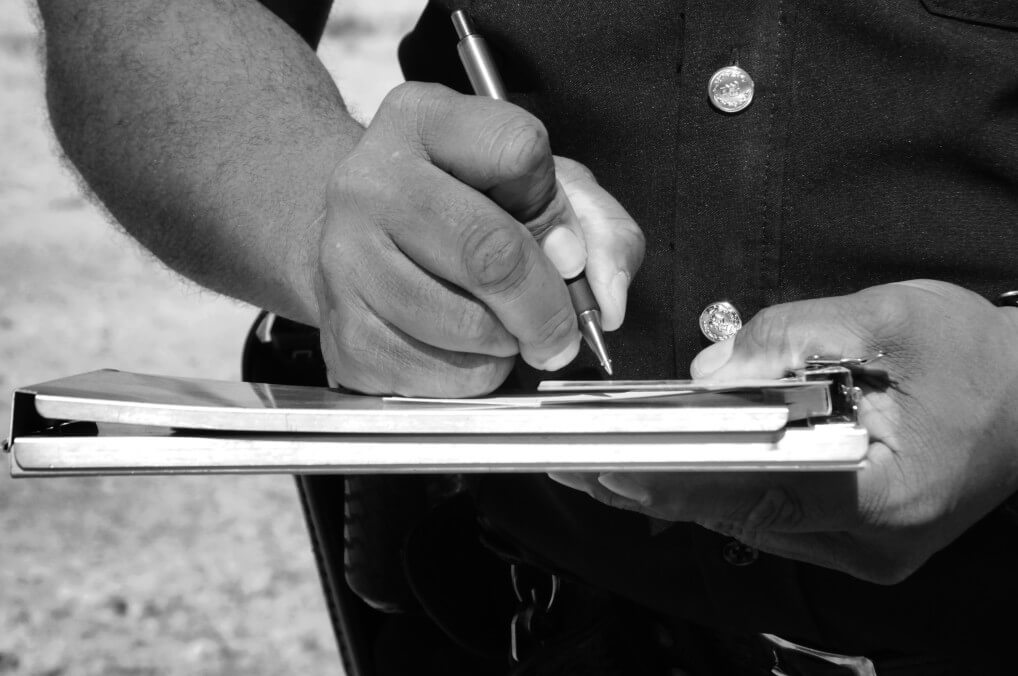The Massachusetts Department of Children and Families (DCF) takes allegations of abuse and neglect very seriously.
When a report is made to DCF regarding suspected child abuse or neglect, a 51A report is filed. The 51A report initiates the intake process for a social worker or other DCF professional to reach out to the parents or caregivers to determine the report’s credibility and whether or not it indicates the need for an investigation regarding child abuse or neglect.
Everything is recorded and put into a 51A report, including all the information which led to the DCF allegations of abuse and/or neglect. Those accused or under investigation have a right to request the report.
One of two things can happen once a 51A report has been filed; DCF will “screen out” or “screen in” the report.
DCF may decide to “screen out” a 51A report for many different reasons, including:
- The report describes a situation that is too old
- The reporter made unreliable or false reports about the family before
- DCF already investigated the allegations and found them to be “without merit”
DCA will screen in the 51A report and begin the 51B investigation when further investigation is warranted. The 51B investigation follows the guidelines of Massachusetts General Laws, Chapter 119, §51B.
Identifying The Filer of a 51/A Report
Someone who files a report will be classified as a mandated or non-mandated/anonymous reporter.
The majority of people who report to DCF are classified as mandated reporters. Mandated reporters are professionals who work closely with children, such as teachers, doctors, and police officers. Mandated reporters have an obligation to report suspicions because they are assumed to be able to identify signs of abuse and neglect in a child. When a mandated reporter reports someone to DCF, they must give DCF their name and contact information.
Non-mandated reporters can be anyone. This includes strangers, family members inside or outside the home, or caretakers. Non-mandated reporters can be anonymous, so they are not required to provide their names and contact information.
Know Your Rights
In the event you are notified by DCF, it’s essential to know your rights. DCF investigators are not required to advise individuals of their Miranda rights. In many cases cooperating with DCF is a wise course. However, individuals under investigation have the right to have an attorney present during home visits and interviews.
Having an attorney present during DCF interactions offers essential protections such as helping to ensure that parents and caregivers provide appropriate responses, avoid needless oversharing, and avoid unintentional behavior that DCF may regard as suspicious or concerning.
You can protect yourself and be informed about DCF investigations by consulting with an experienced family law and DCF attorney.

